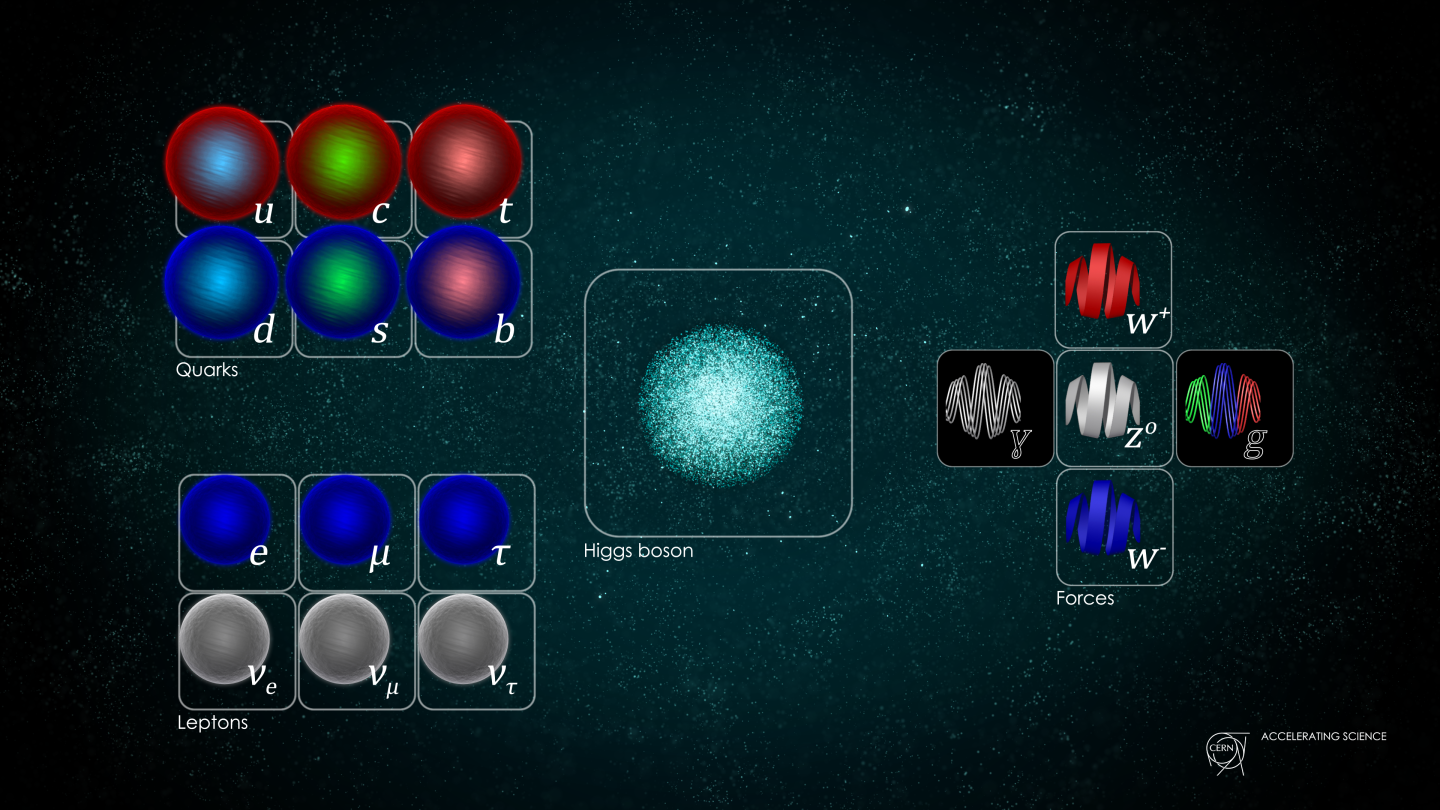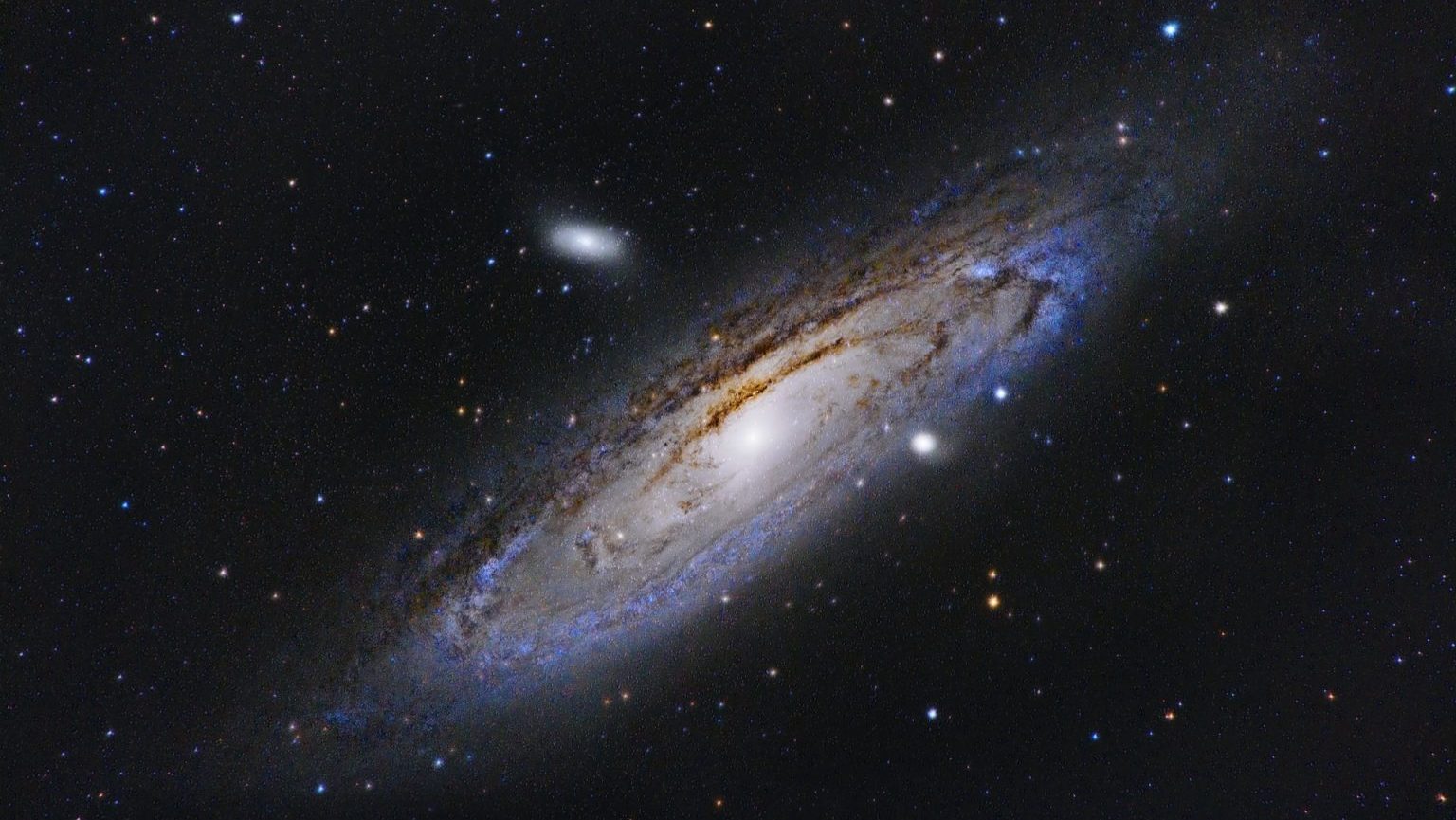Theoretical cosmologist Janna Levin discusses the dynamic interplay between theoretical and experimental physics. She highlights how physicists navigate the tension between imaginative theorizing and strict adherence to observed reality — leading to both confining approaches within known laws, and explosive creativity that has transformed our understanding of the Universe.
Levin explores questions about the nature of the cosmos, such as the possibility of multiple universes and the enigma of dark matter. She acknowledges the criticism that theoretical work on unobservable phenomena like the multiverse might not fit traditional scientific criteria, but argues that nature may not conform to human definitions.
Levin emphasizes the significance of experimental discoveries, like dark matter’s indirect detection through gravitational effects, in shaping our understanding. Ultimately, she asserts that scientific exploration challenges societal limitations, reshaping values and perspectives while underscoring the profound impact of gazing into the cosmos.
Janna Levin: Physicists are in a funny position of having to think creatively and imaginatively with the strictest limitations of reality. That can lead to very confining ways of approaching physics to only work within the known laws. And that can also lead to a kind of explosion of creativity; and that has also been phenomenally successful.
The world is so different than we thought it was 100 years ago, and certainly 200 years ago, that even the most brilliant minds, the greatest geniuses of 200 years ago, if they told physicists not to dream, not to imagine, that would be absurd and small. And so I believe there's always a place in science for people who are manifestly dreaming about things that may never be observed.
We realize we're not at the center of the Universe, and we realize that our solar system isn't unique. When Einstein was working in 1905, he did not know for sure that there were other galaxies out there. And now as far as the eye can see, there are galaxies. There are as many galaxies in the observable Universe as there are stars in the Milky Way. And the question becomes, and it's a natural question, "Is this the only time there was a big bang?" "Is this the only Universe, or are there an infinite number of universes?" "Is nature just constantly playing the slot machine?"
And yet, it's an important question to ask, because some of our pursuits in the uniqueness of the laws might be futile if we begin to understand that there are some things that are just random seeds. So we have laws of physics, but maybe the mass of the electron is just a random accident. And so the question arises, "Are we rare in the multiplicity of universes, or are we likely?" And we can ask those questions, and we can answer them theoretically.
There is a criticism that's often levied against very theoretical work because if, by definition, we can never observe the multiverse, then some people would argue, technically, it's not a scientific pursuit. Because as human beings, we've come together and we've decided that there's certain scientific methods that work best, and that there is reproducibility as a requirement, and that it needs to be true for all of us, and that we all can own these ideas and these concepts, and that somehow the multiverse isn't falling within that category. And I think that is one of the extreme cases where we have to just shrug our shoulders and say, "Nature doesn't care if it satisfies our criteria for science." It just might be the way that it is — and we just might have to accept that.
There's an element of fairness when observational physicists criticize theorists who are so far removed from experimentation. And we will often be reminded: Huge advances really are driven by experimentation. And I have tremendous respect for experimentalists. I spent a lot of times around certain experiments, marveling the collaboration that led to it, and the technological sophistication, and the faith, and the laws of physics that I play with on paper. But the faith that they're real, and that you could build something.
There's an entire history of astronomers going back decades and decades discovering dark matter before the sort of theoretical community was willing to accept the absurdity that most of the matter in the Universe was not made of anything we have ever seen before. And yet it was discovered by something as direct as looking at the orbits of stars around galaxies, and realizing that there's missing mass, that there's a lot of mass that cannot be accounted for by anything luminous. We don't know what it is. We don't know what it means. If it's just the tip of the iceberg that there isn't just dark matter, but maybe there's an entire 'dark reality,' that world would be completely invisible to us, except for our gravitational interaction. And that is a really solid observational, scientific result, and yet we theorists, we still don't know what it is.
It's really the tension between the two that keeps us honest. It's the experimentalists confirming discoveries to keep us going and to rule out certain directions. And the theorists listening to the experimentalists and following those discoveries, use them as pullies and hoists to scale this great mountain, which is trying to understand the cosmos.
And I think that ultimately, scientists are open to nature being stranger than fiction. We simply cannot live in societies of ignorance, limitation, and some of the things that that begets, including feudalism, tribalism, violence. All of these sort of negative sides of our primates selves are challenged and put into perspective when we make these tremendous discoveries. We begin to rewrite our values, our social theories. Once people have that experience of looking out into the cosmos, you kind of can't unlearn what you've seen. And I do think it has an effect on all of us, both personally and culturally and globally.






